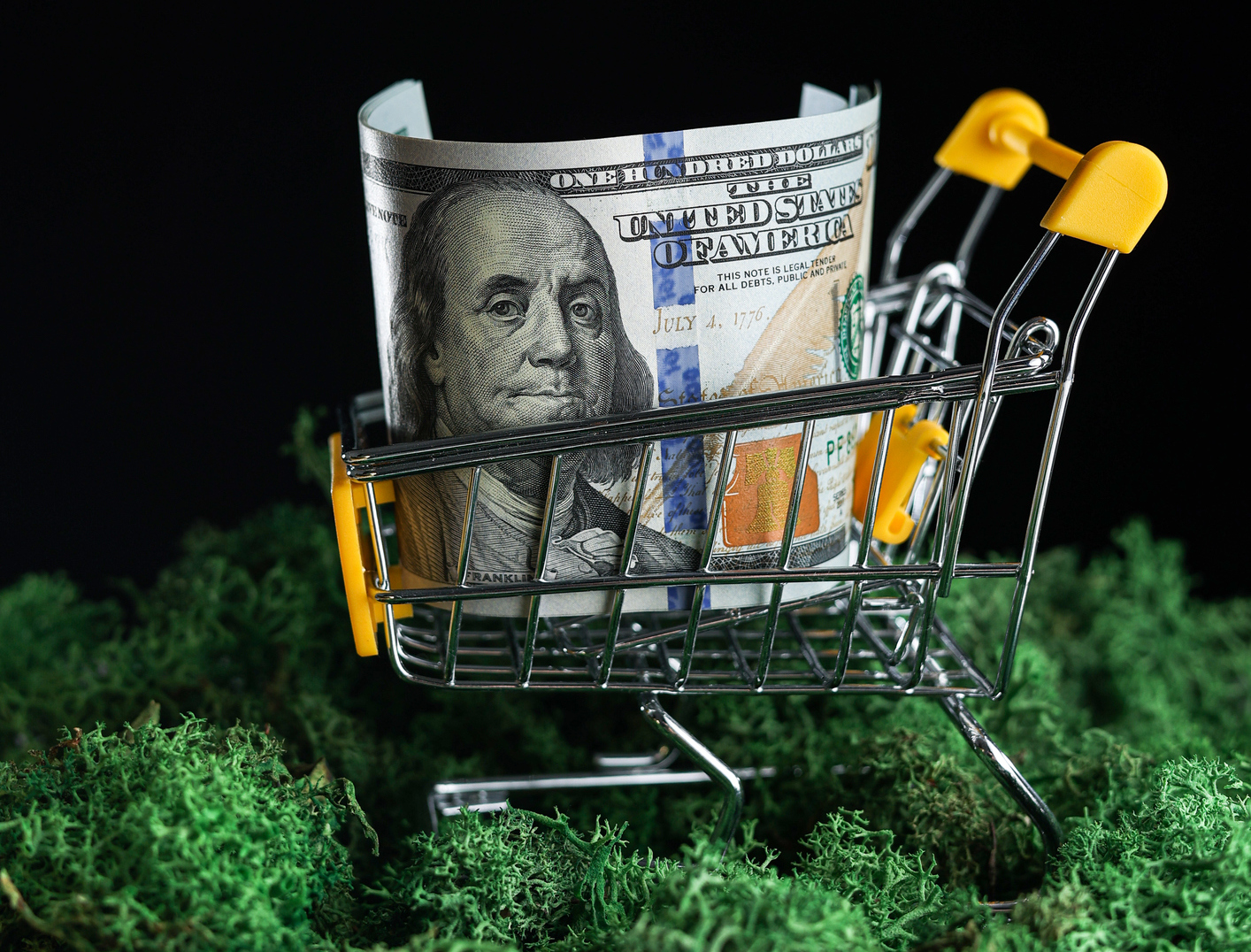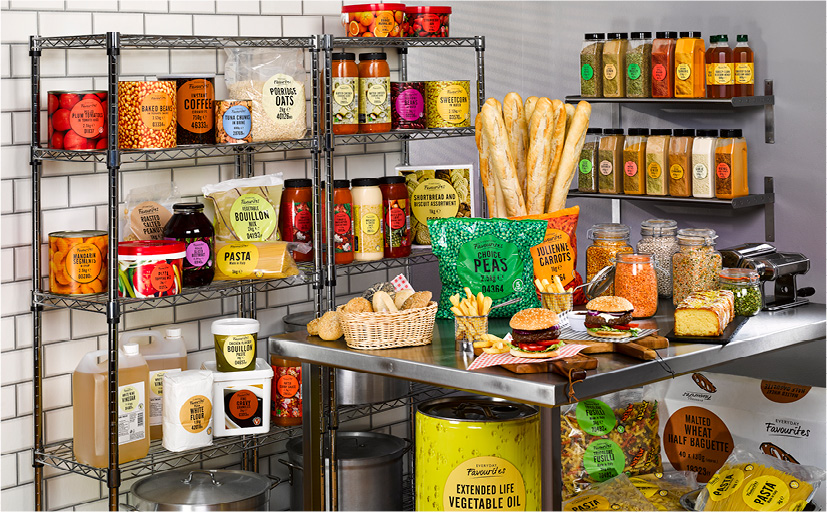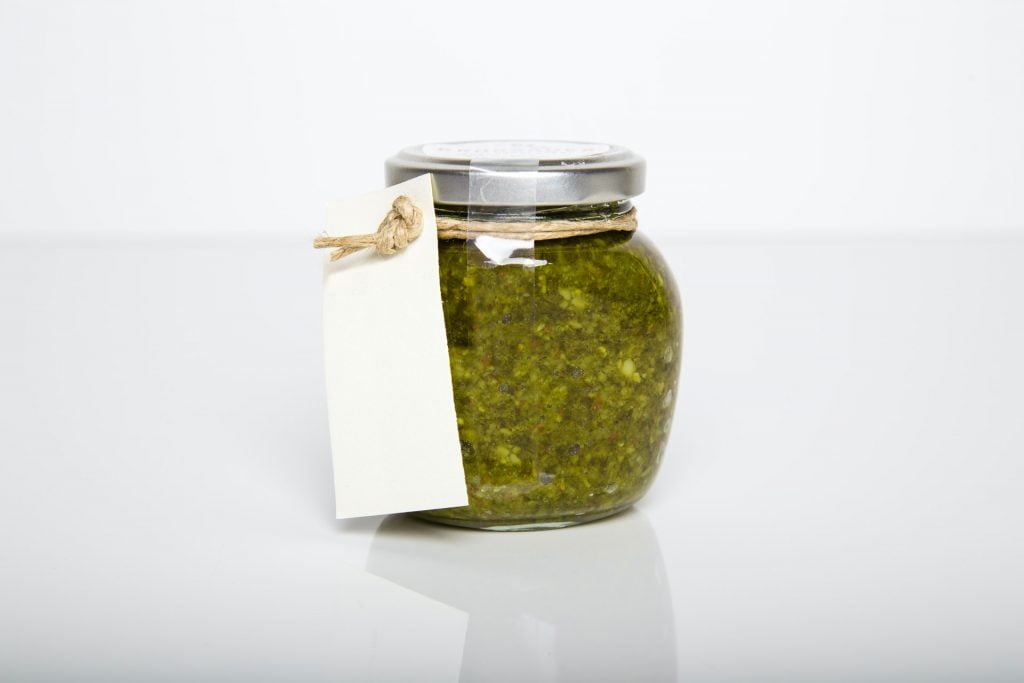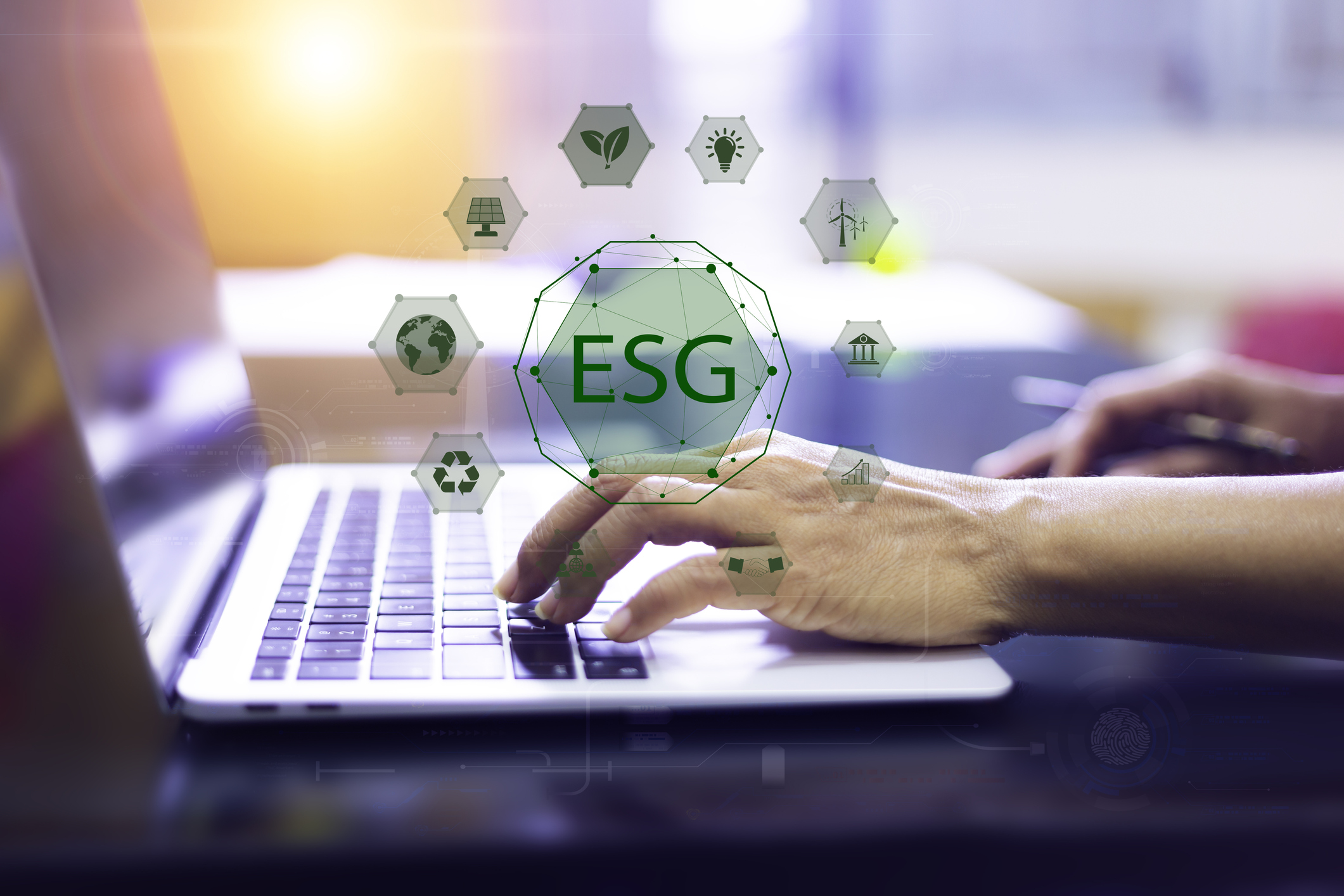Sustainability claims: A 56% growth opportunity for food producers and retailers
Attributing sustainability claims to sales growth has been a year-long quest with loose results for the food industry. A new market report puts the quest to rest, providing 5-year-long evidence that sustainability claims are indeed a growth driver for food and beverage products and valuable insights into how to sustain the growth opportunities in a recession.
Following the 2020 sentiment report concluding that 60% of consumers are looking for sustainable products, McKinsey and NielsenIQ’s 2023 report proves the sentiment in market sales and with greater prevalence than forecasted. The reported results correlate sales data volumes between 2017-2022 from 600,000 packaged goods SKUs and 44,000 brands in the US and their growth over these five years with the presence or absence of ESG claims on the package. The results overall showed a positive growth rate for products with sustainability claims, accounting for 56% of all market growth. While proof of the market’s long-standing hypothesis is invaluable, the partial insights are shiny, actionable gems.
Newsletter to-go?
Our special today is our Newsletter, including snackable tips, hearty climate knowledge, and digestible industry news delivered to your inbox
How is the growth share distributed?
- 2/3 of packaged goods with sustainability claims grew faster than products without claims.
The top categories in food were sweet snacks, yogurt, and cheese, disproving the prevalent industry assumption that dairy products are at a sustainability disadvantage in the eyes of consumers.
- Both large and small brands with sustainability claims got a share of the market growth.
No matter the company size or brand penetration, sustainability claims are an umbrella index for growth.
- Challenger or smaller brands saw a larger spike in 59% of categories, including sports drinks.
- Established brands in half the categories, namely juice and sweet snacks, saw an equal increase. In the pool of products from established brands, products with sustainability claims outperformed products without sustainability claims in 68% of the categories.
- Private labels and retailers have the most to gain from sustainability claims
Compared to themselves, private-label products with sustainability claims saw a larger-than-expected growth share in 88% of the categories. The authors of the report hypothesized in a further analysis that, the private label growth from sustainability claims in a strong economy combined with the traditional uptick of private labels in a recession, are more likely to keep outperforming their growth share as the recession unfolds.
- Sustainability claims endure the cost-cutting effect of the recession
While the market data the report is using do not fully capture the unfold of the recession, the authors provided additional evidence and insights in their post-report analysis. As they state:
We found that inflationary impacts aren’t affecting sustainability the way they’re affecting some of the other wellness-related characteristics.
Compared with recent recession periods, the authors shared prior insights from a retail executive. They explained that during the 2008 financial crisis, the retailer tracked sustainability attributes on certain product categories that showed continuous growth quarter over quarter, even within the bigger picture of the retailer struggling throughout that period.
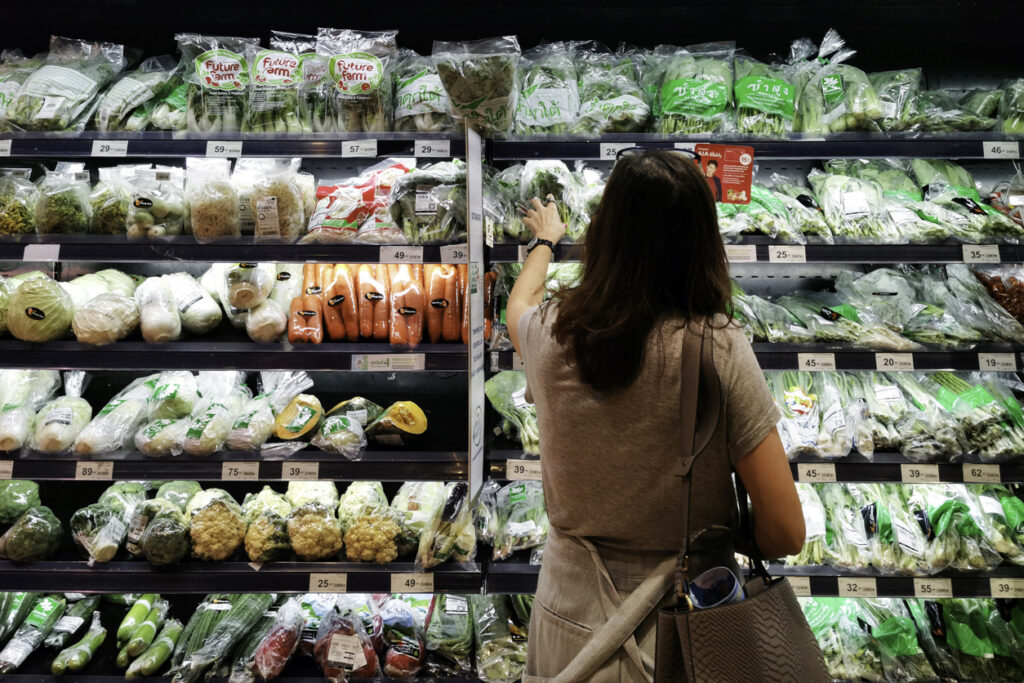
Sustainability sells, but who's buying?
- Market growth fuelled by all age groups in friction with sustainability issues
As the authors explain, consumers are more and more exposed to sustainability claims and are becoming more aware. In fact, another report showed only 5% of apathetic consumers with the majority of 95% ranging from fiercely passionate and educated to aiming to do better whenever they can. Moreover, as climate change is becoming a mainstream discussion in the media, consumers of all demographics are proportionately influenced, followed by the adverse effect from climate change on their personal health.
- Sustainability claims are tied to a price premium between 16-35%
While the research team is currently examining the correlation between sustainability and price, the authors shared some preliminary findings. Within the pre-recession scope of this report, all sustainability claims ranged at a price premium between 16-35%. Looking into specific categories, the premium ranged between 0-20% for beverages and packaged goods and 10-30% for dairy and meat products, spiking at 40% for some products.
- Sustainability claims bring more repeat sales and brand loyalty
Brands utilizing sustainability claims gathered repeat sales with an all-encompassing effect. However, an interesting distinction shows an augmented benefit for brands using claims in their portfolio range. Brands with over 50% of their sales from products with sustainability claims experience 32-34% repeat sales. On the flip side, brands with less than 50% of their sales from products with sustainability claims saw repeat sales at under 30%.
The authors add:
Our belief is that this isn’t about picking one product in one category and going big on it. It’s about a portfolio play. If you believe in sustainability, you’ve got to build it into enough of your product portfolio that it shows up and resonates with consumers.
This result indicates that a brand engaging with sustainability across its portfolio cements its position as a sustainability leader in the consumers’ consciousness and enhances its brand loyalty.
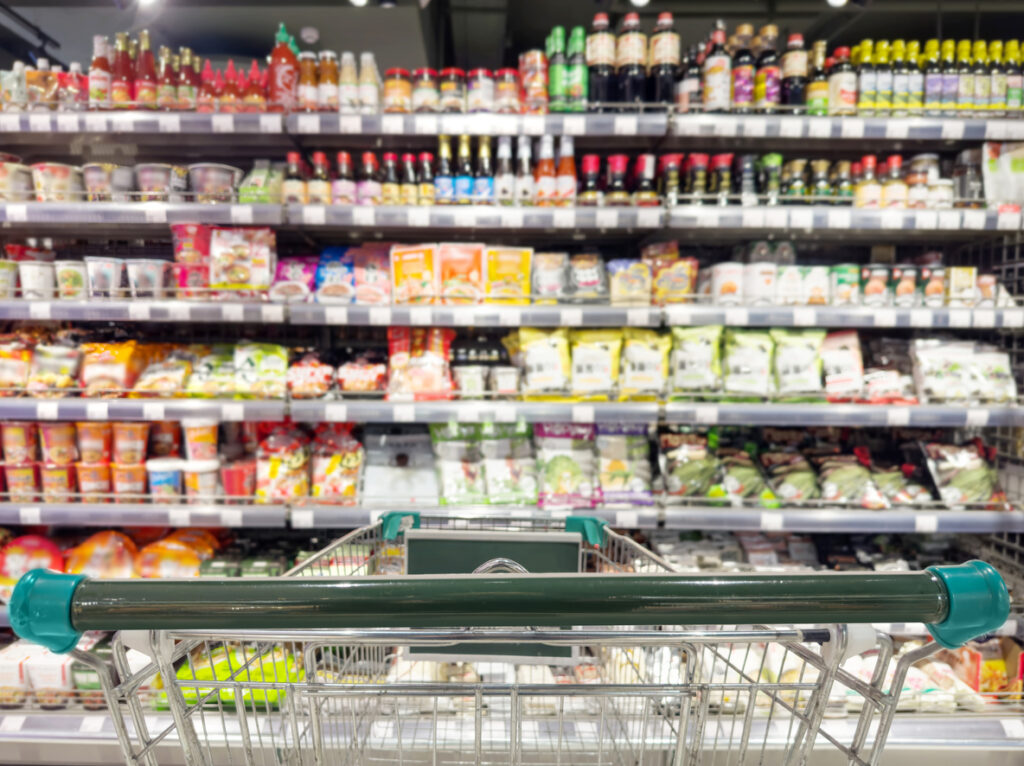
What types of sustainability claims are the most beneficial?
- More claims, larger effect
The report shows a positive correlation between distinct types of sustainability claims and growth for a staggering 80% of the categories. As the analysis explains:
(...) consumers may be more likely to perceive that a multiplicity of claims (rather than only one) made by a product correlates with authentic ESG-related behavior on the part of the brand.
- Less common claims, more likely growth
The report analyzed the correlation of the type of sustainability claims with growth and concluded that less common claims lead to higher growth than more prevalent claims. This result indicates that consumers are more likely to perceive sustainability claims as a differentiator rather than a matter of “due diligence”.
What learnings can the food industry and retailers apply?
Venturing into the report’s actionable advice, two suggestions rise up as a-ha moments for the food industry executives.

1) Run sustainability on an enterprise level
To maximize growth from sustainability claims, the report recommends that sustainability initiatives should run from and across the board of enterprise operations and communication of their sustainability impact and actions should be communicated on the package and across the portfolio.
As the authors advice in their analysis:
We’re finding that companies are doing quite a lot on the sustainability front but aren’t making those claims on their packaging. We know that consumers are saying, "I want it on the package; that’s where I learn about a brand. I don’t go to a company’s website and I don’t look at their ESG report. I want it to be easy. Or I want it in digital discovery, when I’m searching on a retailer website.”
2) Embed a design-for-sustainability approach
As the results showed, there are indicators of a company’s dedication to sustainability that consumers clearly perceive. Consequently, sustainability as part of core business is not just a growth maximizer, it can be a cost-efficiency measure. The report recommends a “disciplined design-for-sustainability approach” where product designers can save costs and enhance visibility on sustainability features that consumers respond to and eliminate ingredients and processes that do not fit in products sustainably designed.
Related Posts
Bidfood and CarbonCloud Join Forces to Initiate Transformation in Supply Chain Carbon Management
Bidfood, one of the UK’s leading foodservice providers, has announced a strategic collaboration with CarbonCloud, a pioneer in climate intelligence technology. This partnership marks Bidfood’s
It is not about the label
For most, the first touchpoint with CarbonCloud is the climate footprint label. But we do not spend our waking hours providing a climate change participation trophy. We want to generate real change i
🇺🇸 FTC Green Guides: From theory to practice
While the publication of the UK’s Green Claims Code has made some noise in the industry, the Green Guides from the US Federal Trade Commission (FTC) have been around quietly and humbly since 1992. O
ESG Software Guide: The best tech stack for every company
Discover the top ESG reporting solutions in our expert guide! Find out how to choose the right ESG provider for your sustainability strategy. What Is An ESG Software? Who Needs ESG Software? Why Use a

